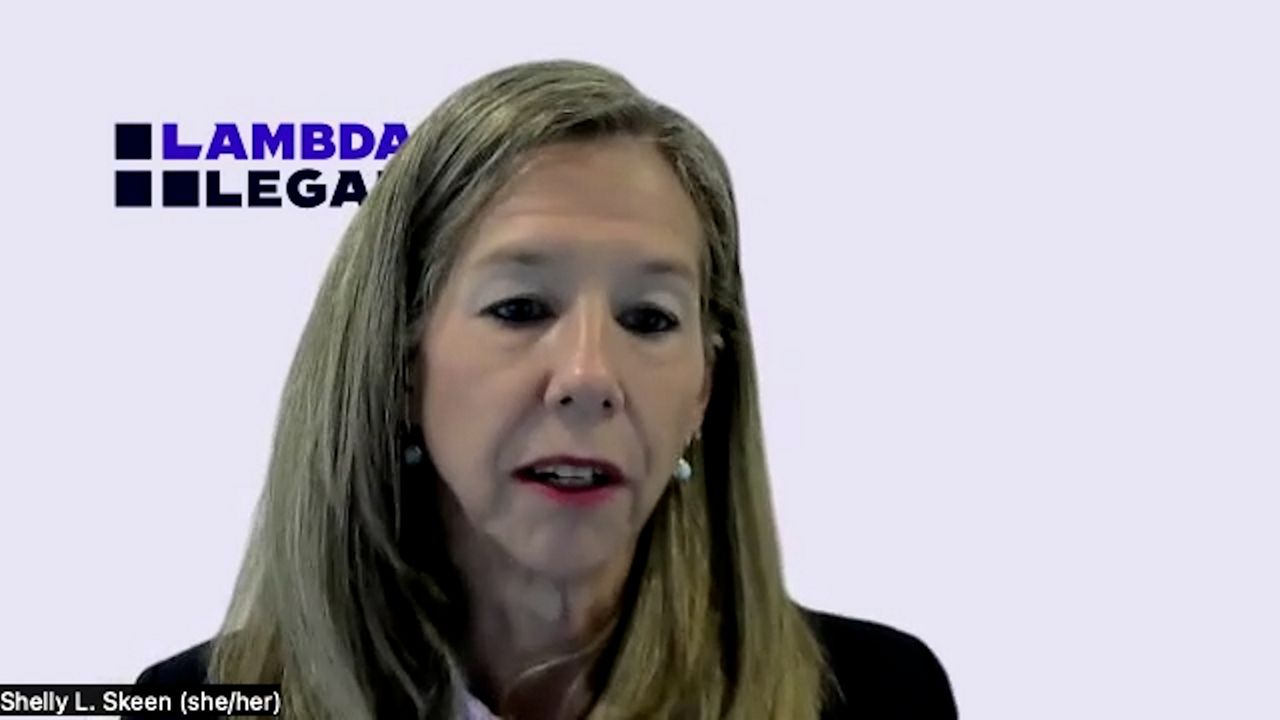AUSTIN, Texas — The 6-3 decision, which says businesses can’t be compelled to provide services in which they’re ideologically opposed, comes at a time when many in the LGBTQ+ community feel they’ve been unfairly targeted across the state and country.
“It’s the first time in history that the Supreme Court has found a constitutional right for a business to discriminate against a certain class,” Austin-based civil rights attorney Holt Lackey said.
Lackey has spent two decades in law and yet the recent Supreme Court decision in 303 Creative LLC vs. Elenis has him and many others in the field wondering where this gray area will take them.
“This decision, on its face, is a very limited decision but the implications are very worrisome and much more ominous,” Lackey said.
A longtime advocate as a former chair member at Equality Texas, Lackey worries the door is now open for discrimination of every minority group.
“We have to weigh whether or not these fit into this narrow exception of businesses on a commission basis,” Lackey said. “We’ve already seen a hairdresser in Michigan post to Facebook that she wouldn’t serve the transgender community because of her religion beliefs.
Shelly Skeen, South Central regional director for Lambda Legal, believes more conservative-leaning states like Texas could be the first to test this ruling.

“It’s hard to tell right now, but I think you’re doing to see a difference in the south as it treats this as opposed to other states,” Skeen said.
As a longtime supporter and proud member of the community, many now question whether previously legal protections will still apply for same-sex couples in 2023.
“There’s some concern the non-discrimination ordinances that we have in our cities have been abrogated by the last legislative session,” Skeen said. “So, for couples, the question is, ‘Can you be refused service?’”

According to the Equal Employment Opportunity Commission (EEOC), Texas ranked first last year in workplace discrimination claims. Many at the forefront of this conversation wonder what message this decision now sends to businesses across the state.
“The decision is an invitation for people to try to discriminate and just the trying to discriminate does much of the harm,” Lackey said.



